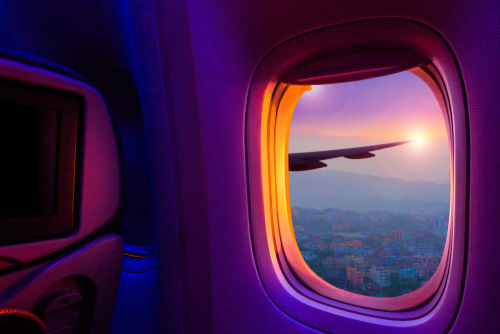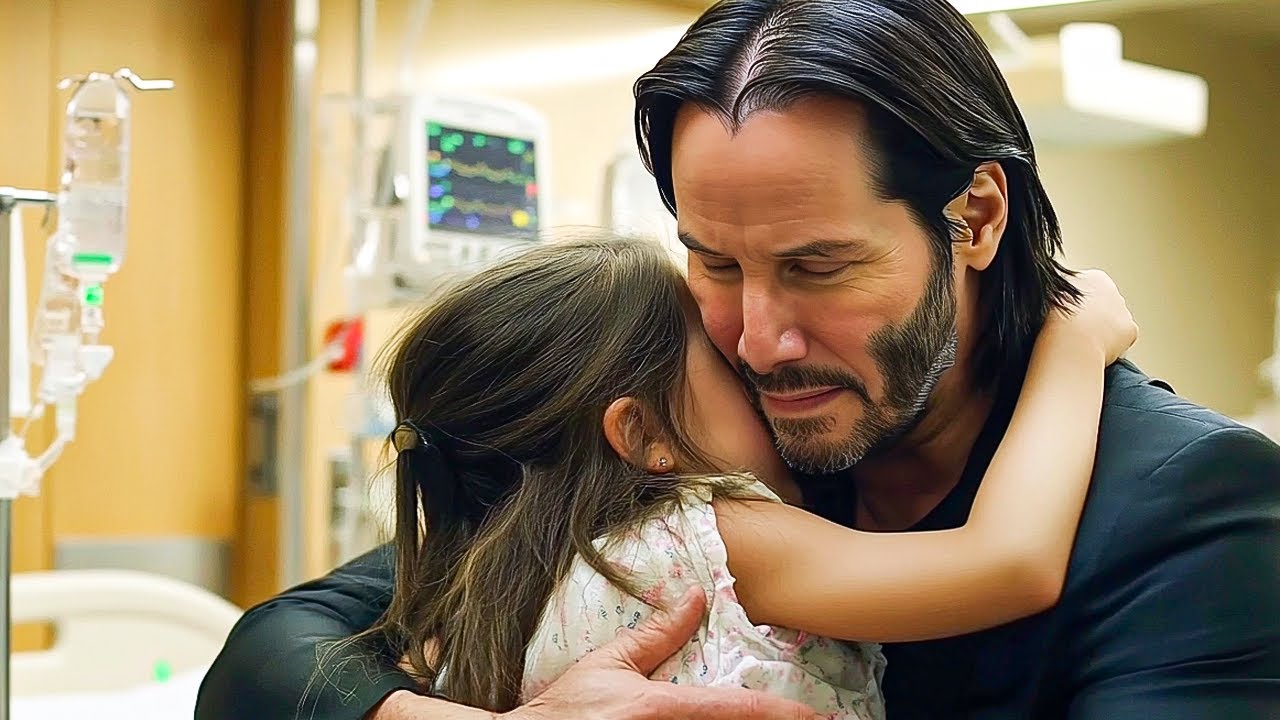
image via – shutterstock.com
Passenger safety is by far the number one priority all across the airline industry. While most of the safety-related precautions and procedures that passengers see and go through happen at the gate and in the terminal, many more less obvious measures are also in place.
For starters, airplanes have to meet some very strict design and construction guidelines in order to comply with federal regulations. These ensure that all sorts of standard safety measures are built right into planes.
When you’re traveling through the sky at hundreds of mile per hour, with a full tank of jet fuel and contending with all sorts of natural hazards, safety and construction are essential. In addition, passengers take on an active role in their own safety when aboard the aircraft.
Everyone knows the drill that happens right before take off. The flight attendants run down the locations of all exits and bathrooms, make sure everyone is buckled in and that all cell phones and electronics are powered off. While the inherent importance of all those things is clear, the reason why we have to have the window blinds open on take off and landing is less than clear.
Even so, we all open them if asked to and there is a good reason behind the safety measure. According to airplane crash statistics, the majority of problems and accidents that occur while flying happen during take off and landing. Having the window blinds raised ensures that there are more eyes looking out.
More eyes equal more chances for someone to see any potential issues or problems that may have arisen or that have not yet been spotted. From where passengers are seated they can see the wings, engines, and other parts of the plane body that the pilots up front cannot see or that the cabin crew missed because they’re busy working.
The idea is that a passenger who spots an issue, or what he thinks could be an issue, will report it and raise the alarm so that the crew can evaluate and respond. While we may never know how many crashes have been avoided because of this one simple safety precaution, it’s undoubtedly saved a number of lives.
It makes sense and it’s not a lot to ask for people to open the window shades at key times during the flight. Every design aspect and all of the inconspicuous, seemingly minor, details really do serve very important safety functions.
It’s because of this that the airline industry has the best record on file in regards to passenger safety and transportation. According to Discovery, the odds of a person dying in a plane crash are 1:11 million, whereas the odds of dying in a car accident are 1:5,000. In comparison, the odds of being killed by a shark are 1:3.7 million (National Geographic).
Those odds put it all in perspective; it’s extremely rare to find yourself in an aviation accident, let alone die in one, thanks in part to open shades.
Please Share This Story With Family and Friends










